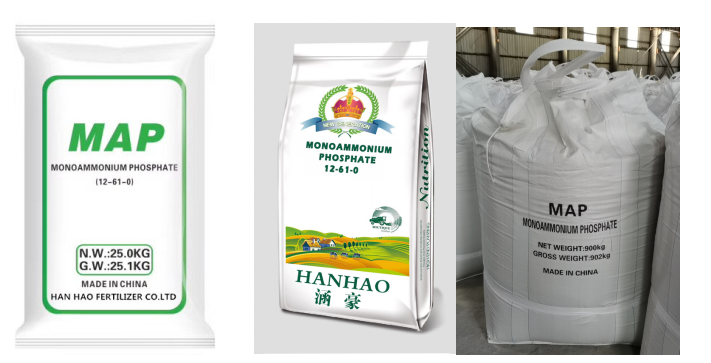
Oct . 04, 2024 15:08 Back to list
organic nitrogen fertiliser
The Role of Organic Nitrogen Fertiliser in Sustainable Agriculture
Organic nitrogen fertilisers play a crucial role in sustainable agriculture, offering a natural and eco-friendly alternative to synthetic fertilisers. As concerns about environmental degradation and the sustainability of food production grow, organic nitrogen sources have gained prominence among farmers and agronomists seeking to improve soil health and crop yield without compromising ecological integrity.
Organic nitrogen fertilisers are derived from natural sources such as animal manure, compost, cover crops, and plant residues. These materials not only provide essential nutrients to crops but also contribute to the overall health of the soil. One of the primary benefits of organic nitrogen fertilisers is their ability to improve soil structure, enhance microbial activity, and increase the retention of moisture and nutrients. This holistic approach benefits both plants and the broader ecosystem.
The nitrogen in organic fertilisers is often released slowly, providing a steady supply of nutrients to plants over an extended period. This slow-release mechanism reduces the risk of nitrogen leaching into groundwater, a common problem associated with synthetic fertilisers. Moreover, using organic nitrogen sources helps in building organic matter in the soil, which is vital for maintaining soil fertility and preventing erosion.
organic nitrogen fertiliser

Another important aspect of organic nitrogen fertilisers is their positive impact on biodiversity
. By fostering a healthy soil ecosystem, these fertilisers support a variety of organisms, including beneficial bacteria, fungi, earthworms, and insects. This biodiversity is critical for a balanced ecosystem, which can lead to more resilient agricultural systems capable of withstanding pests, diseases, and changing climatic conditions.In addition to their environmental benefits, organic nitrogen fertilisers can also enhance the nutritional quality of crops. Studies have shown that organically fertilised crops often have higher concentrations of essential nutrients, making them healthier for consumers. Additionally, the use of organic fertilisers aligns with the growing demand for organic products among consumers, providing farmers with potential economic advantages.
While transitioning to organic nitrogen fertilisers may require an initial investment and a change in farming practices, the long-term benefits for soil health, crop yield, and the environment can be significant. As farmers seek sustainable ways to feed a growing global population, embracing organic nitrogen fertilisers may be a key strategy in creating more resilient and environmentally friendly agricultural systems. Ultimately, the shift towards organic fertilisation represents not just a change in practice but a step towards a more sustainable future for agriculture.
-
10 10 10 Fertilizer Organic—Balanced NPK for All Plants
NewsJul.30,2025
-
Premium 10 10 10 Fertilizer Organic for Balanced Plant Growth
NewsJul.29,2025
-
Premium 10 10 10 Fertilizer Organic for Balanced Plant Growth
NewsJul.29,2025
-
Premium 10 10 10 Fertilizer Organic for Balanced Plant Growth
NewsJul.29,2025
-
50 Pound Bags of 13-13-13 Fertilizer for All Plants – Bulk & Organic Options
NewsJul.28,2025
-
High-Efficiency 15-30-15 Granular Fertilizer for Healthy Crops
NewsJul.28,2025
